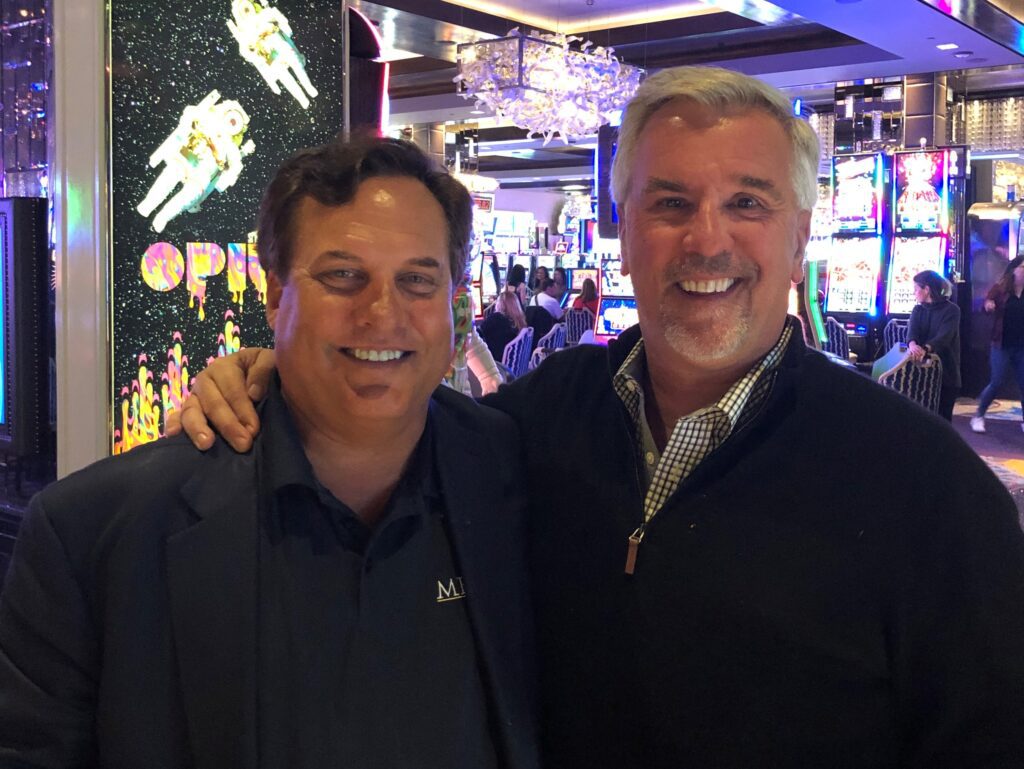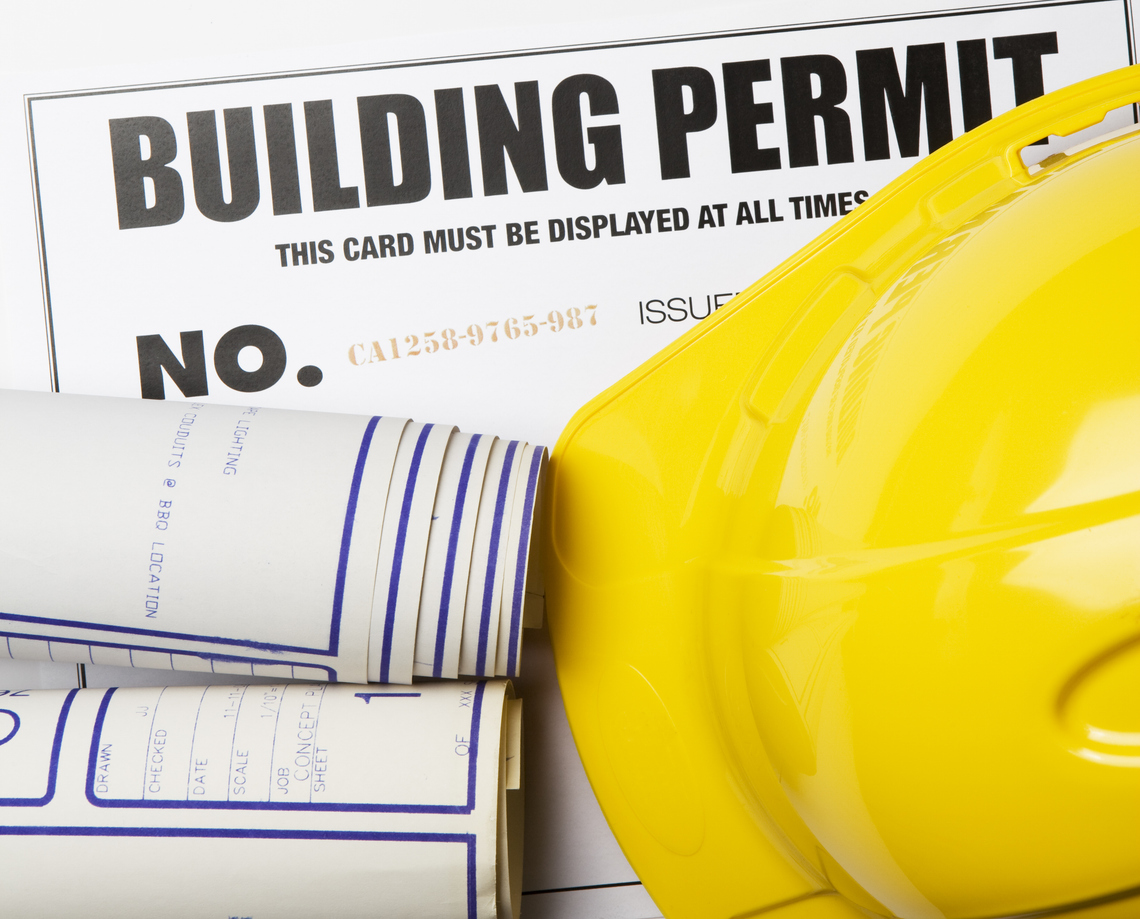
(Note: This guest post is by Steven Badger, a Partner at Zelle, LLP, where he represents the commercial property insurance industry in emerging and significant risk exposures. In addition to representing his clients in litigated disputes, Steve spends considerable time working with the insurance industry and other interested stakeholders in finding solutions to the abuses and outright fraud prevalent in these matters. This includes development of policy form changes and legislative solutions to address common issues, as well as the identification and pursuit of actions against fraudulent actors involved in these matters.)
I was surprised to learn this week of a PLRB webinar slide in which an attorney from my law firm made a general negative statement about public adjusters. I had never seen the slide before. I knew nothing about it. In fact, I initially doubted that it was even real, as I didn’t expect that an attorney in my law firm would take such a position.
But, unfortunately, the slide was real.
It was just being circulated and considered out of context.
The attorney who presented the PLRB webinar in 2018, which has not been presented since, advised that the slide was a lighthearted attempt at humor and that the oral presentation accompanying the slide made that abundantly clear. The attorney assured me that the discussion coinciding with the slide focused on the fact that most public adjusters are professional and honest, but that there are a few “bad actors” that can create problems in the claims process. Nothing else in the presentation was negative towards the public adjusting profession as a whole.
Regardless, I can see how the slide – when viewed alone and without context – could be construed in a negative manner. I get that. And as a result, I apologize.
The unfortunate language in the slide does not reflect either my or my law firm’s view towards the public adjusting profession. Do I often find myself in disputes with public adjusters? Absolutely. Am I known to loudly and strongly respond when I believe public adjusters are overreaching? You bet. And do I take aggressive action when I see a public adjuster (or anyone else) trying to rip-off one of my insurance company clients? Yes. That’s my job.
But I have otherwise always worked cooperatively with the public adjusting profession. I make it very clear in every presentation I give (and whenever I am asked about public adjusters generally) that I respect public adjusting as a profession and that there is a role for public adjusters in the claim process. Policyholders often have a need for assistance. Licensed public adjusters provide a valuable service to these policyholders.
I have never taken any action – either in my clients’ cases, in the press, or legislatively – to restrict the role of the legitimate public adjuster in the claim process. In fact, to the contrary, I have worked to protect the public adjusting profession in Texas. No one in Texas has spent more time and energy than myself in addressing the unauthorized practice of public adjusting by contractors. Everyone knows I am very vocal on this issue. Numerous public adjusters routinely reach out to me whenever they see UPPA. And when they do, I will address their legitimate concerns by sending letters to the offending contractors. I also report some of these contractors to the Texas Department of Insurance. These reports have resulted in contractors being disciplined and fined by the TDI. Many contractors despise me (I have even received death threats) because of this work – work that primarily benefits and preserves the integrity of the public adjusting profession.
Perhaps more importantly, I have worked cooperatively with TAPIA in the past three legislative sessions to address issues relevant to public adjusters – all directed at protecting the public adjusting profession. I advocated for legislation ensuring that contractors could not get around UPPA laws by using power of attorney or assignment of benefit forms. I rejected efforts by contractors to create a “small claim” exception to the public adjuster licensing statute. And I refuted efforts by certain policyholder attorneys, who purport to be allies of the public adjusting profession, to limit the role of public adjusters in Texas. Indeed, some policyholder attorneys have even asked me to support legislation getting rid of the public adjusting profession in Texas. I declined to be part of any such effort.
For all of these reasons, my actions over the past several years speak much louder than an unfortunate attempt at humor in a webinar given by one of my law firm’s attorneys well over a year ago.
Regardless, I understand why the slide has caused concerns. I have reached out to the attorneys in my office and reminded them that comments like this, even if said jokingly, have potential consequences and that we need to be careful in what we put out there.
I look forward to continuing my efforts to work cooperatively with TAPIA and the reputable members of the Texas public adjusting profession in addressing issues arising in the Texas insurance claim process for the mutual benefit of our respective clients.
My email inbox is always open for discussion: sbadger@zelle.com.
Thanks to Chip for the opportunity to respond.



